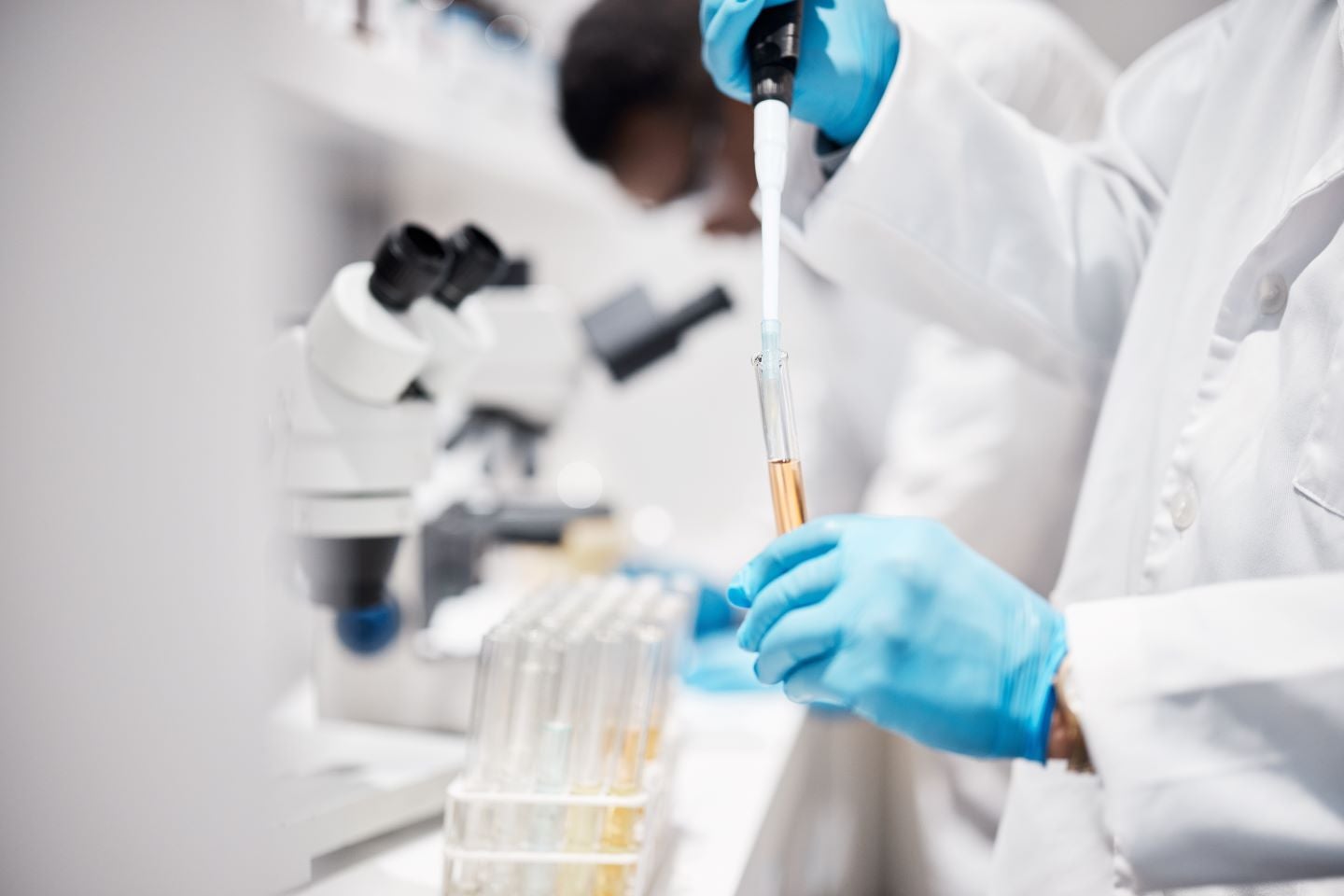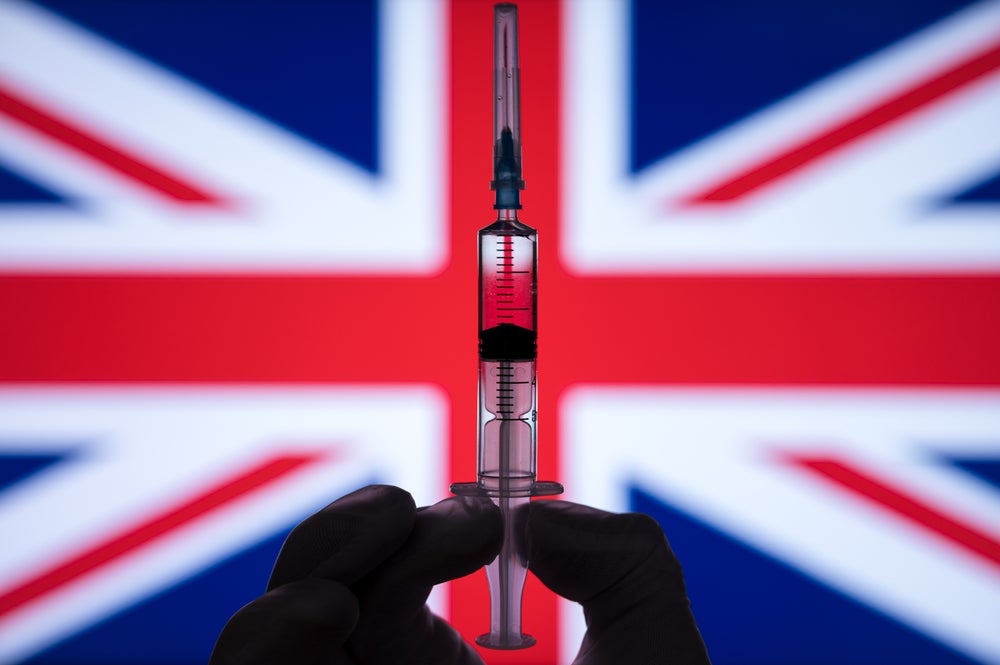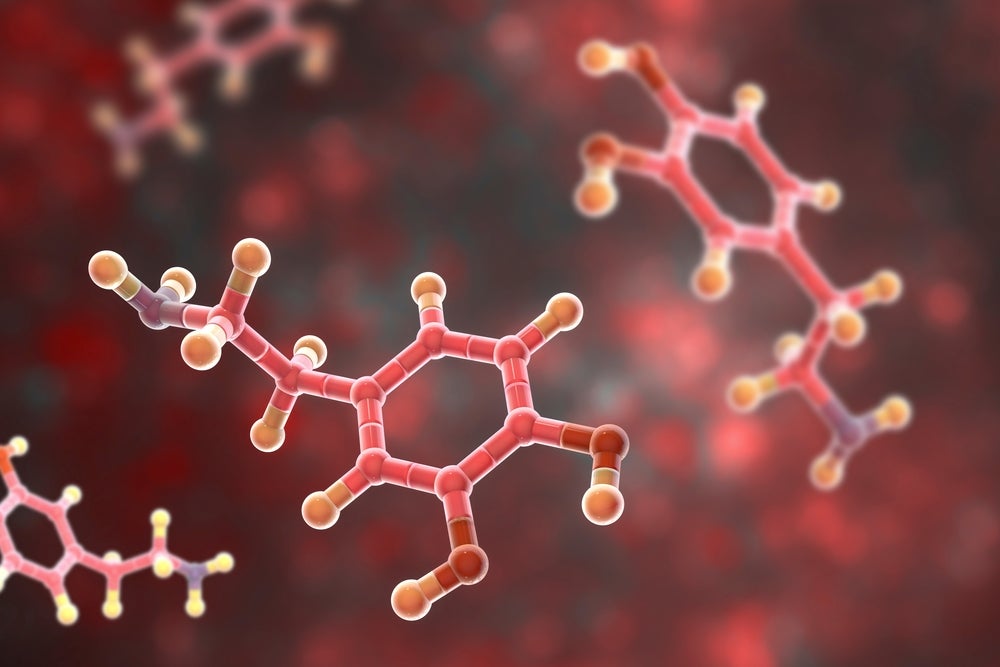Link Between Parasitic Infections and Cancer-Related Gene Activity in Cervical Tissue Uncovered
In a groundbreaking study presented at ESCMID Global 2025, researchers have uncovered striking evidence linking the parasitic infection caused by Schistosoma haematobium to altered gene expression associated with cancer in the cervical tissue of infected women. This research is particularly significant as it not only investigates the implications of schistosomiasis, a disease affecting over 110 […]


In a groundbreaking study presented at ESCMID Global 2025, researchers have uncovered striking evidence linking the parasitic infection caused by Schistosoma haematobium to altered gene expression associated with cancer in the cervical tissue of infected women. This research is particularly significant as it not only investigates the implications of schistosomiasis, a disease affecting over 110 million people worldwide, but also reveals how treatment for this infection may inadvertently enhance the vulnerability to cervical cancer—a disease that accounts for a substantial number of cancer-related deaths among women globally.
Schistosoma haematobium is primarily known for its role in causing bladder cancer, but this new line of inquiry brings to light the potential for higher risks associated with cervical cancer as well. The study involved analyzing cervical tissue samples from 39 women in Tanzania, with a specific focus on 20 women diagnosed with the infection and a control group of 19 uninfected women. Researchers conducted comprehensive RNA sequencing and gene expression analyses to identify deviations in cancer-related pathways and gene activity between the infected and uninfected subjects.
The results were illuminating. Among the various genes expressed differently in infected and uninfected individuals, it was found that 23 genes exhibited changes in women who cleared the infection post-treatment. Even more alarming was the observation that 29 genes demonstrated variation between women who had been treated and those never infected at all. This pattern indicates that treatment may not simply revert gene expression to normal but may instead create a precarious genetic landscape that could favor cancer development.
The four most significantly altered genes between the infected and uninfected women included notable oncogenes such as BLK proto-oncogene, which is critical in regulating cell proliferation. Dysregulation of this gene has been implicated in tumor formation, thereby linking schistosomiasis to potential cancer risks. Another gene identified, Long Intergenic Non-Protein Coding RNA 2084, serves as a prognostic marker in various cancers and is known to influence gene regulation pathways central to tumor progression.
Further complicating the matter, genes associated with inflammation, tissue remodeling, and the maintenance of protective barriers within the cervix became more actively expressed following treatment. The inflammation pathways were notably linked to increased angiogenesis, or blood vessel formation, which is a fundamental process in tumor development. Additionally, a concerning downregulation of genes responsible for maintaining cervical tissue integrity—such as claudins and tight junction proteins—was observed, posing significant risks for potential HPV infections, which are well-established as a major contributor to cervical cancer.
Dr. Anna Maria Mertelsmann, the lead author of the study, expressed her concerns regarding the genetic changes observed post-treatment. She indicated that these molecular alterations could heighten the susceptibility of women to cancer-related processes in the cervix, particularly after they have received praziquantel treatment for schistosomiasis. This raises important questions concerning the long-term biological consequences of the treatment, emphasizing the necessity for thorough post-treatment monitoring of women’s cervical health.
As part of furthering understanding of these findings, the researchers are currently undertaking a larger study that will track 180 women over the course of 12 months to validate their observations and deepen insight into the effects of Schistosoma haematobium on cervical health. Future investigations will aim to determine whether a history of schistosomiasis increases the risk of developing cervical cancer due to prolonged HPV infections, thereby potentially uncovering a crucial link between parasitic infection history and oncogenic processes.
With this groundbreaking research, the study underscores the urgent need for increased awareness surrounding Female Genital Schistosomiasis (FGS). Many women grappling with Schistosoma haematobium infections may also be suffering from this often underdiagnosed condition, which complicates the risk landscape for cervical abnormalities. Therefore, it is imperative that healthcare providers monitor women diagnosed with schistosomiasis not only for the infection itself but also for early signs of cervical tissue changes, facilitating timely interventions.
Mertelsmann’s team also suggests that adjunctive therapies, including anti-inflammatory and immune-modulating treatments, might be beneficial in mitigating the adverse effects observed post-treatment. Moreover, they emphasize that widespread HPV vaccination could prove vital in significantly reducing cervical cancer risk among women affected by schistosomiasis, serving as an essential preventive strategy in tackling both infections simultaneously.
In summary, this work represents a pivotal stride in recognizing the complex interplay between schistosomiasis, cervical health, and cancer risks. As research continues to shed light on the intricate biochemical changes triggered by parasitic infections, it becomes increasingly clear that understanding these relationships is essential for developing effective preventive measures and improving health outcomes in vulnerable populations.
Subject of Research: The link between Schistosoma haematobium infection, cancer-related gene activity, and cervical cancer risk.
Article Title: Parasitic Infection Linked to Cervical Cancer: New Insights into the Role of Schistosoma haematobium
News Publication Date: October 2023
Web References: http://www.escmid.org/
References: Mertelsmann, A. M., Maganga, J. K., Lee, M. H., et al. (2025). Schistosoma haematobium infection is associated with oncogenic gene expression in cervical mucosa, with enhanced effects following treatment. Oral Presentation. ESCMID Global 2025.
Image Credits: None provided.
Keywords: Cervical cancer, Schistosomiasis, Cancer research, Clinical research, Pathway activity, Cancer risk.
Tags: cancer-related gene activity in cervical tissuecervical tissue gene activity analysisESCMID Global 2025 research findingsgene expression differences in infected womenglobal health impact of schistosomiasisimplications of parasitic infections on cancerparasitic infections and cancer connectionRNA sequencing in cervical cancer studiesSchistosoma haematobium gene expression studyschistosomiasis and cervical cancer risktreatment effects on cervical cancer vulnerabilitywomen’s health and cancer research
What's Your Reaction?


































